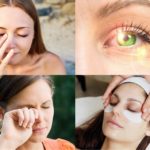1. How does sunscreen work?
Sunscreens work in two categories with different mechanisms.
- The former mostly contain zinc oxide (ZnO) or titanium dioxide that bounces UV light.
- The latter can block UV radiation with chemical filters such as octisalate, oxybenzone, avobenzone, homosalate, octinoxate, and octocrylene.
Chemicals such as retinoids (a form of Vitamin A) found in sunscreens can slow down the aging process of the skin, which in turn reduces the risk of developing skin cancer or the development of lesions and tumors when exposed to sunlight.
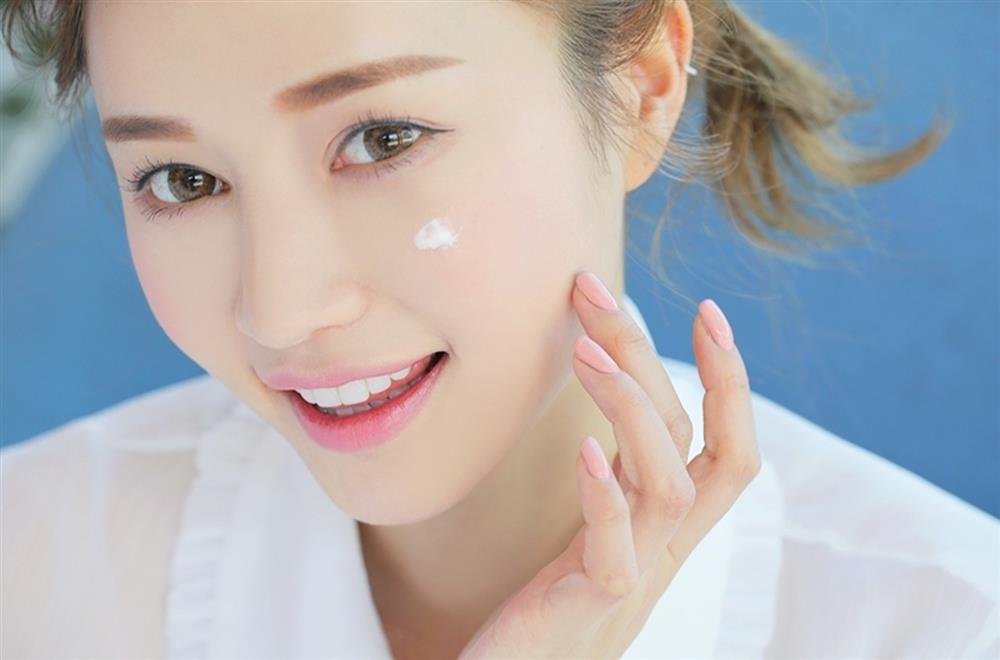
In particular, the ingredient zinc oxide has been shown to be safe and effective to block UVA and UVB rays. Currently, some brands have used zinc oxide in their products to prevent UV rays. However, you should not choose sunscreens containing nano zinc oxide because of the risk of toxicity.
2. Effects of sunscreen
- Prevent UV radiation: Sunscreen minimizes the level of damage to the skin, prevents UV radiation from penetrating the skin, helps reduce the risk of skin diseases such as skin cancer,…
- Avoid premature aging: There are a number of ingredients in sunscreen that help protect the skin from aging, prevent wrinkles, and create a bright, radiant skin.
- Reduces the risk of sunburn: Sunscreen can prevent the skin from darkening, sunburn, and reduce the risk of skin melanoma.
- Prevents dark spots: Sunscreen can prevent dark spots, acne, melasma, freckles – the things that make the skin ugly.
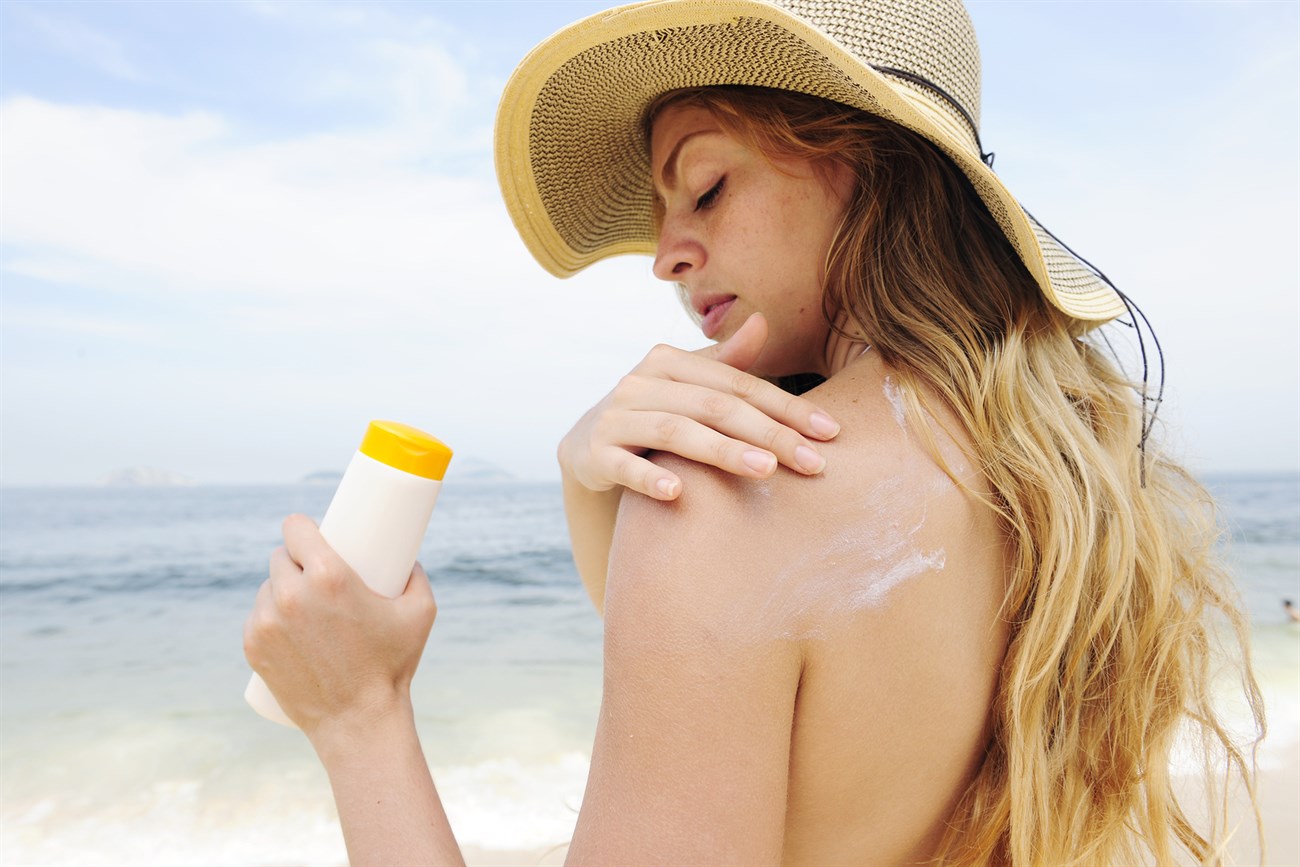
- Promotes skin health: Sunscreen protects essential skin proteins such as collagen, keratin, and elastin. These are important ingredients in the process of keeping the skin smooth and healthy.
- Use instead of foundation: Sunscreen can sometimes become a 2-in-1 foundation: both helping to protect the skin from the effects of ultraviolet rays and as a smooth foundation for makeup.
- Support sun protection clothing: Sunscreen will support effective sun protection clothing in the process of protecting the skin from UV rays.
- Convenient for you to choose: Currently, there are many types of sunscreen and many different types of sunscreen such as spray, stick, liquid, … for you to choose depending on your skin type and needs.
3. Ways to use sunscreen for optimal effectiveness
Read the ingredients on sunscreen
There are many types of sunscreen on the market today to choose from, but not all are suitable for your skin. Before you start using it, read the ingredients on the package. In particular, you should choose the type containing the ingredients that are most resistant to UV radiation below:
- Zinc oxide
- Titanium dioxide
- Avobenzone (also Parsol)
- Octyl methoxycinnimate (OMC)
Choose a cream that does not cause acne and allergies
To avoid causing breakouts and allergies when using an inappropriate sunscreen, you should test a small amount first to check that it is really effective and suitable.
Apply sunscreen every 2-3 hours and always remove makeup at the end of the day
For sunscreen to penetrate into the skin and maximize its effectiveness, you should apply them 30 minutes before going outside. In particular, after 2-3 hours of activity, you should reapply sunscreen to ensure the protection of your skin.
Don’t forget to remove makeup at the end of the day to remove dirt and grime from your face after a long day!
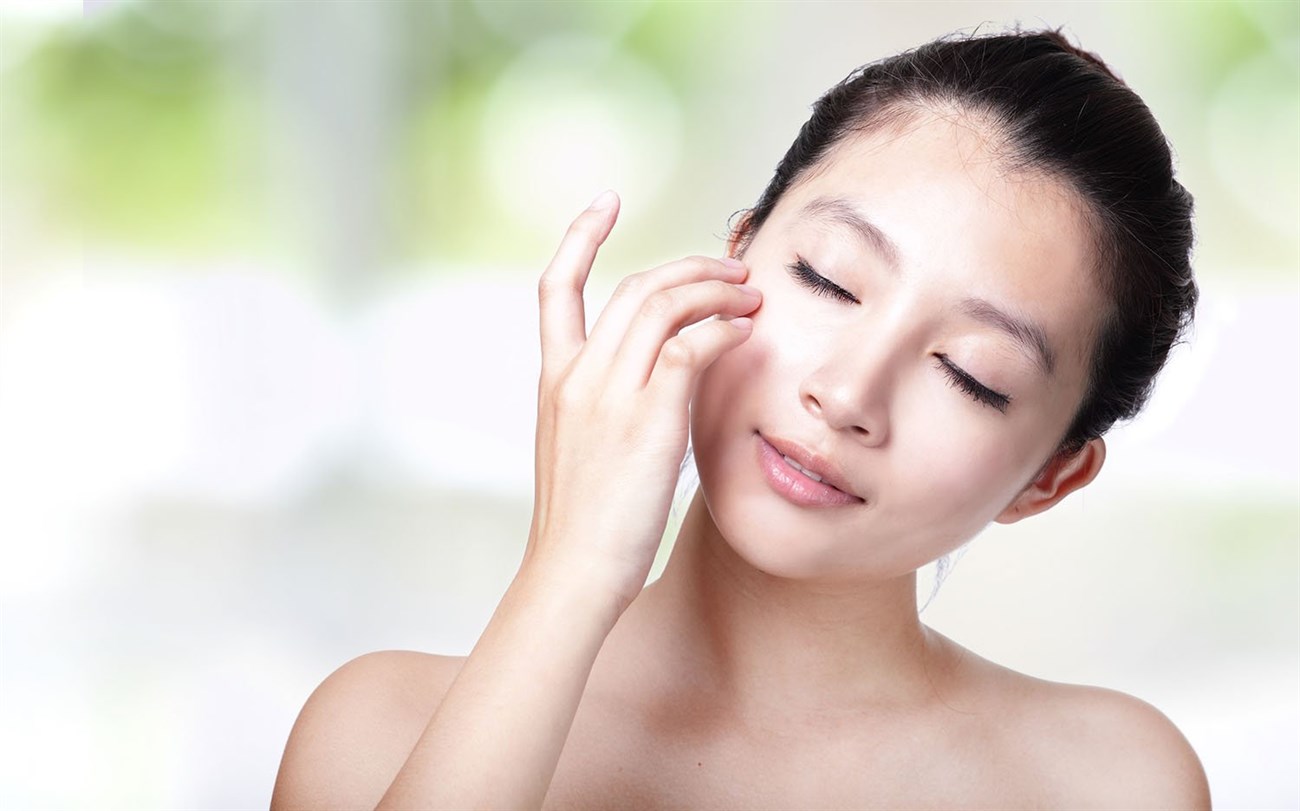
Choose sunscreen or more
The higher the SPF of a sunscreen, the more it can help you block harmful UVA and UVB rays from damaging your skin. So when buying sunscreen, you should choose one with an SPF of 30 or higher to block UV rays more effectively.
Apply sunscreen every day
Applying sunscreen is a long process to feel the great effects it brings. You should use sunscreen daily to ensure your skin is protected safely against harmful UV rays.
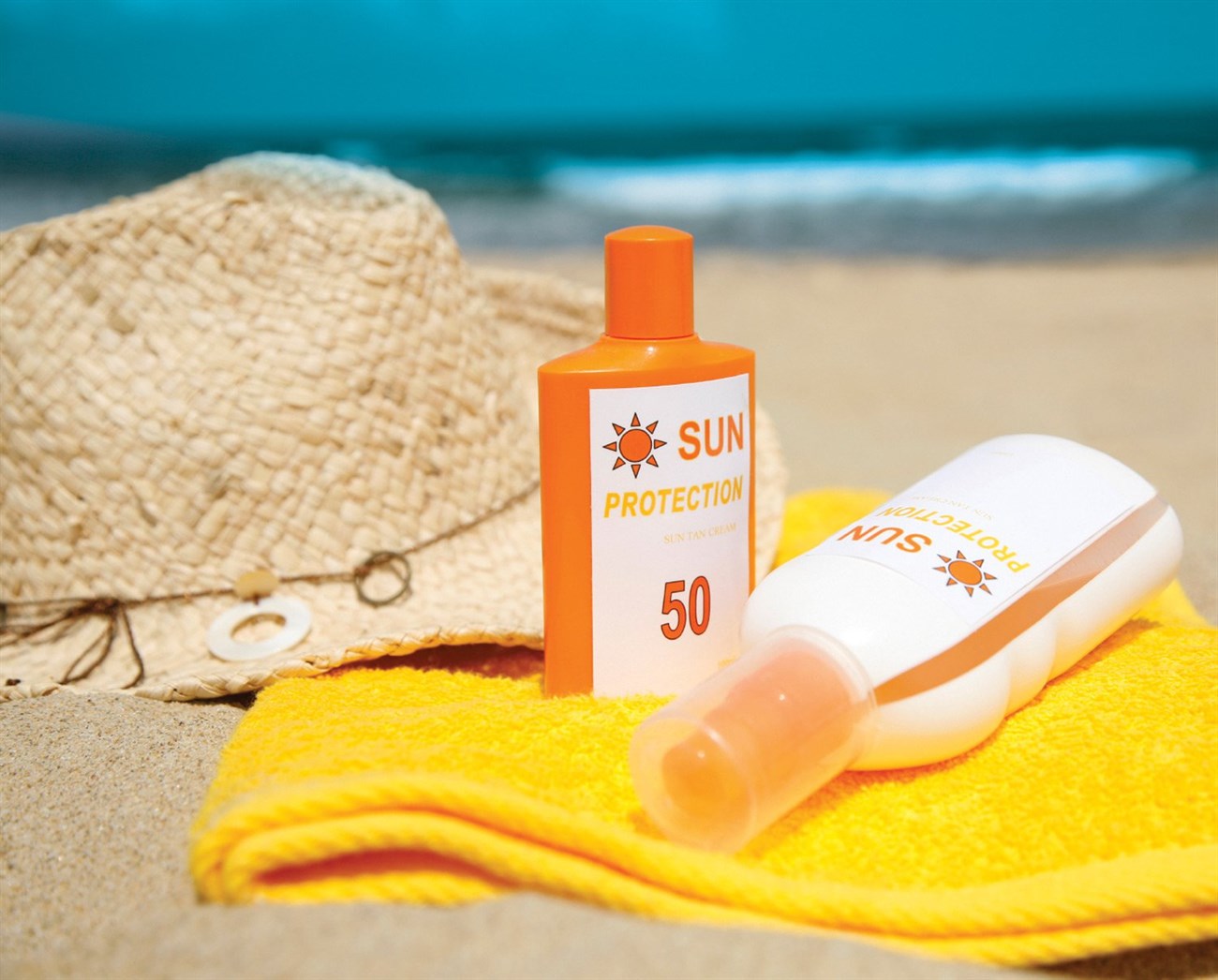
Apply sunscreen after skin care
Applying sunscreen should be the last step in the sequence of skin care steps for it to be fully effective. If you apply sunscreen first, its effectiveness will be reduced by the effects of other creams.
4. Notes when using sunscreen
The American Cancer Society recommends that sunscreen should only be used as a filter, and it shouldn’t be a reason to stay outside for longer. For long-term sun exposure, you should try some sun protection methods in addition to applying sunscreen such as wearing a hat, sunglasses, long-sleeved clothing, and standing in the shade.

Sunscreen acts as a shield for the skin, helping to protect the skin from the harmful effects of the sun. Therefore, you should choose for yourself a suitable sunscreen for daily use for maximum protection.
SOURCE: Hello Bacsi
The article has provided you with information about the mechanism of action, effects, and how to use sunscreen to avoid sun effectively, wish you a healthy skin!




























